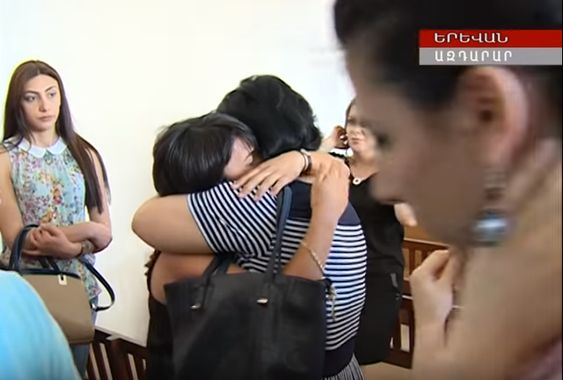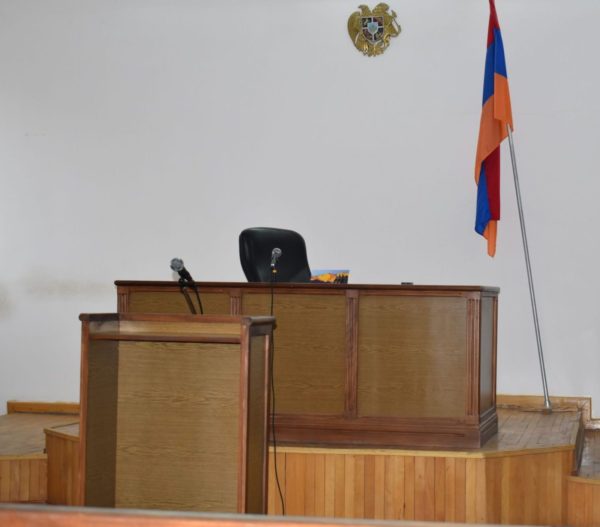On 18.06.2024, the European Court of Human Rights delivered a judgment on the “A.P. v. Armenia” case, recording the violations of the rights to prohibition of torture, respect for private and family life, and effective remedy of legal protection enshrined in the European Convention for the Protection of Human Rights and Fundamental Freedoms.
The “A. P. v. Armenia” case refers to a 14 year old child with intellectual disabilities who was subjected to sexual abuse by a public school teacher (who is also the administrative head of the village). During the domestic investigation of the case, all personal data of the latter, including the name and surname, were published on Datalex (the judiciary inquiry system). There was no non-pecuniary damage compensation from the Armenian side, and A. P.’s rights to respect for private and family life and effective remedy of legal protection were violated.
The ECHR has noted that the child was in an especially vulnerable situation due to age and disability. Therefore, the measures required from the state should have at least ensured effective protection and included reasonable measures to prevent abuses that the authorities were aware of or should have been aware of.
At the same time, the Court, addressing A.P.’s right to fair compensation, noted that although during the domestic investigation of the case, the ECHR had already published the “Poghosyan and Baghdasaryan v. Armenia” verdict, in which the court had addressed the obligation of compensation for non-pecuniary/moral damage, however the domestic courts did not provide for compensation for moral damage within the framework of the case under investigation.
According to the court’s decision, Armenia is obliged to compensate A.P. with 32,000 euros.
From the perspective of human rights protection and the restoration of violated rights, by referencing the legal position expressed by the ECHR regarding this important case, we once again emphasize the issue repeatedly raised by the HCAV: the violated rights of an individual can be considered fully restored not only through the provision of pecuniary compensation but also through the compensation of moral damage. Thus, at the domestic level, it is necessary to ensure the possibility of receiving fair compensation for the person whose rights have been violated. Meanwhile, 10 years after the described case, although ‘non-pecuniary damage’ has been acknowledged among the damages, RA legislation continues to limit the number of rights whose violation allows for moral compensation. Such an approach, being problematic from the point of view of protection of human rights and restoration of violated rights, requires an objective necessity for implementing systematic changes.



